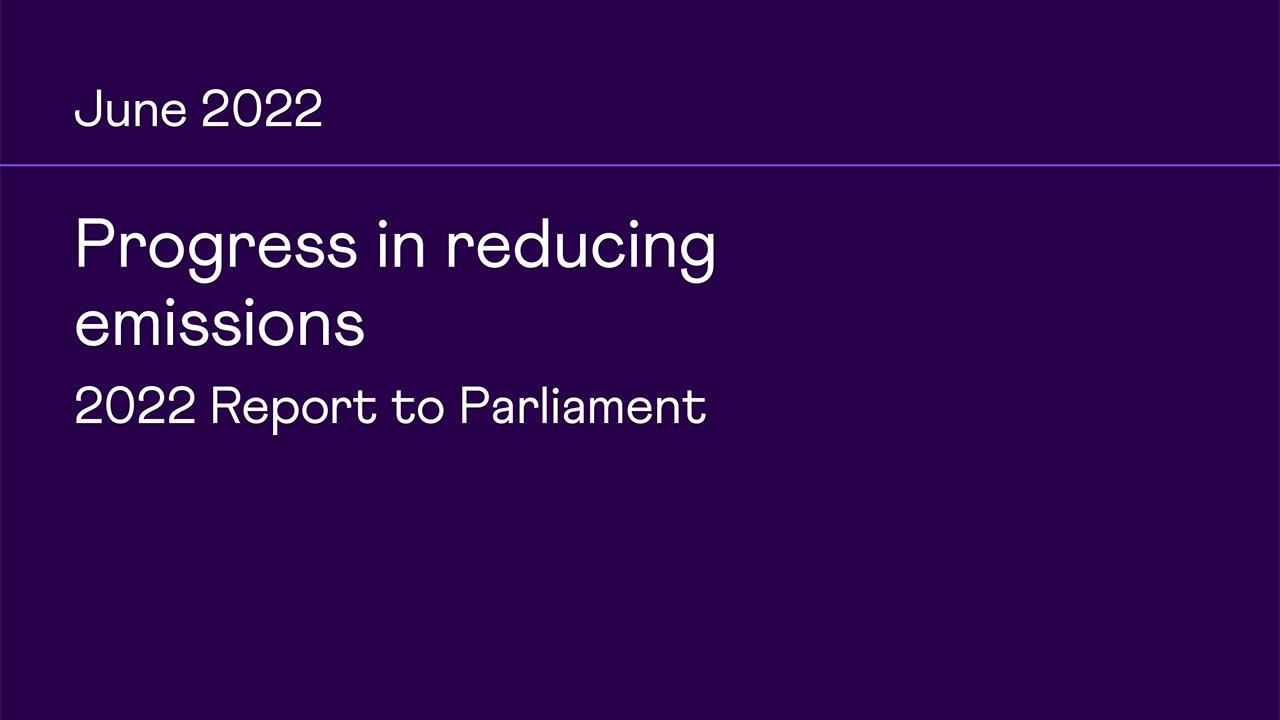

In a 600-page assessment, the CCC has revamped its framework for monitoring the UK’s climate progress, focusing on the changes needed on the ground to achieve net-zero. Across the economy, the CCC has developed detailed new progress indicators to assess the risks of net-zero delivery.
Last year, the CCC applauded the government for setting ambitious targets and launching a new net-zero strategy. Policies are now in place for most sectors of the economy, but a thorough review of progress finds scant evidence of delivery against these headline goals so far. There are some bright spots of progress, but in most areas the likelihood of under-delivery is high.
CCC Chairman, Lord Deben, said: “The UK is a champion in setting new climate goals, now we must be world-beaters in delivering them. In the midst of a cost of living crisis, the country is crying out to end its dependence on expensive fossil fuels. I welcome the government’s restated commitment to net-zero, but holes must be plugged in its strategy urgently. The window to deliver real progress is short. We are eagle-eyed for the promised action.”
The report makes over 300 recommendations for filling out policies over the next year, reflecting the scale of the task at hand as the government moves from strategy to implementation.
In its first comprehensive appraisal of UK’s net-zero strategy, the CCC warns that:
If you'd like to keep up-to-date with the latest developments in the heating and plumbing industry, why not subscribe to our weekly newsletters? Just click the button below and you can ensure all the latest industry news and new product information lands in your inbox every week.